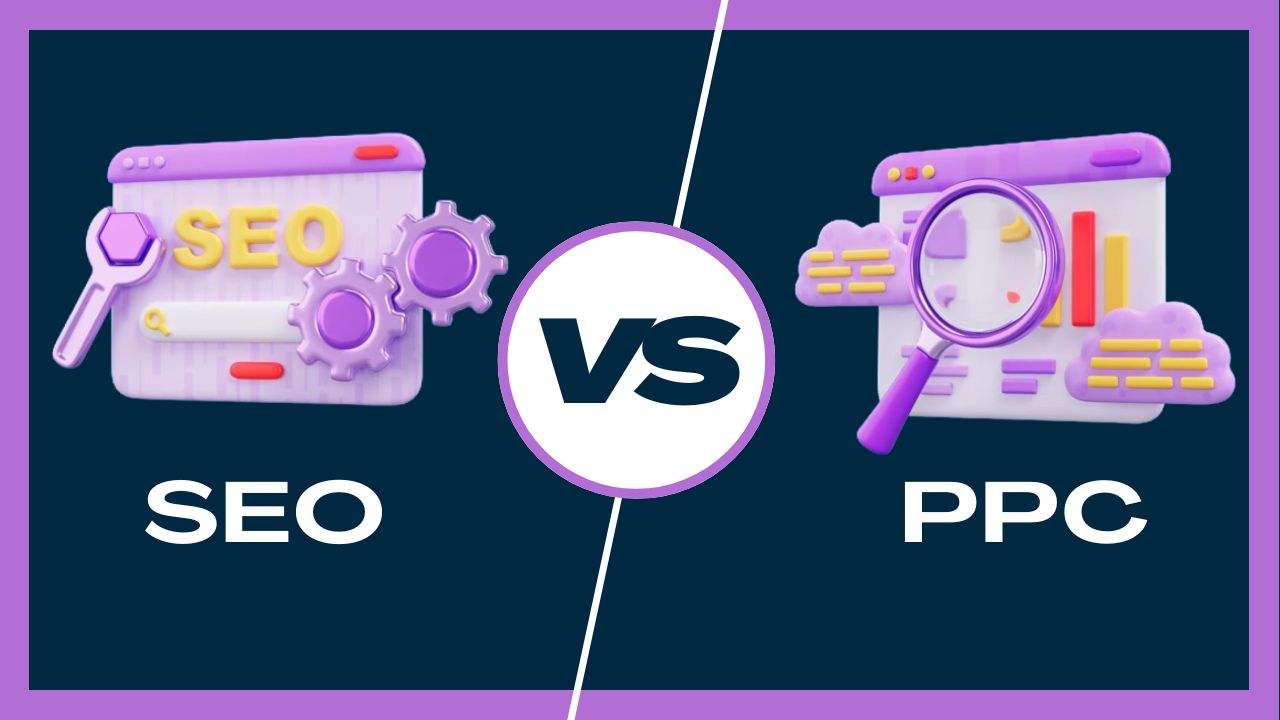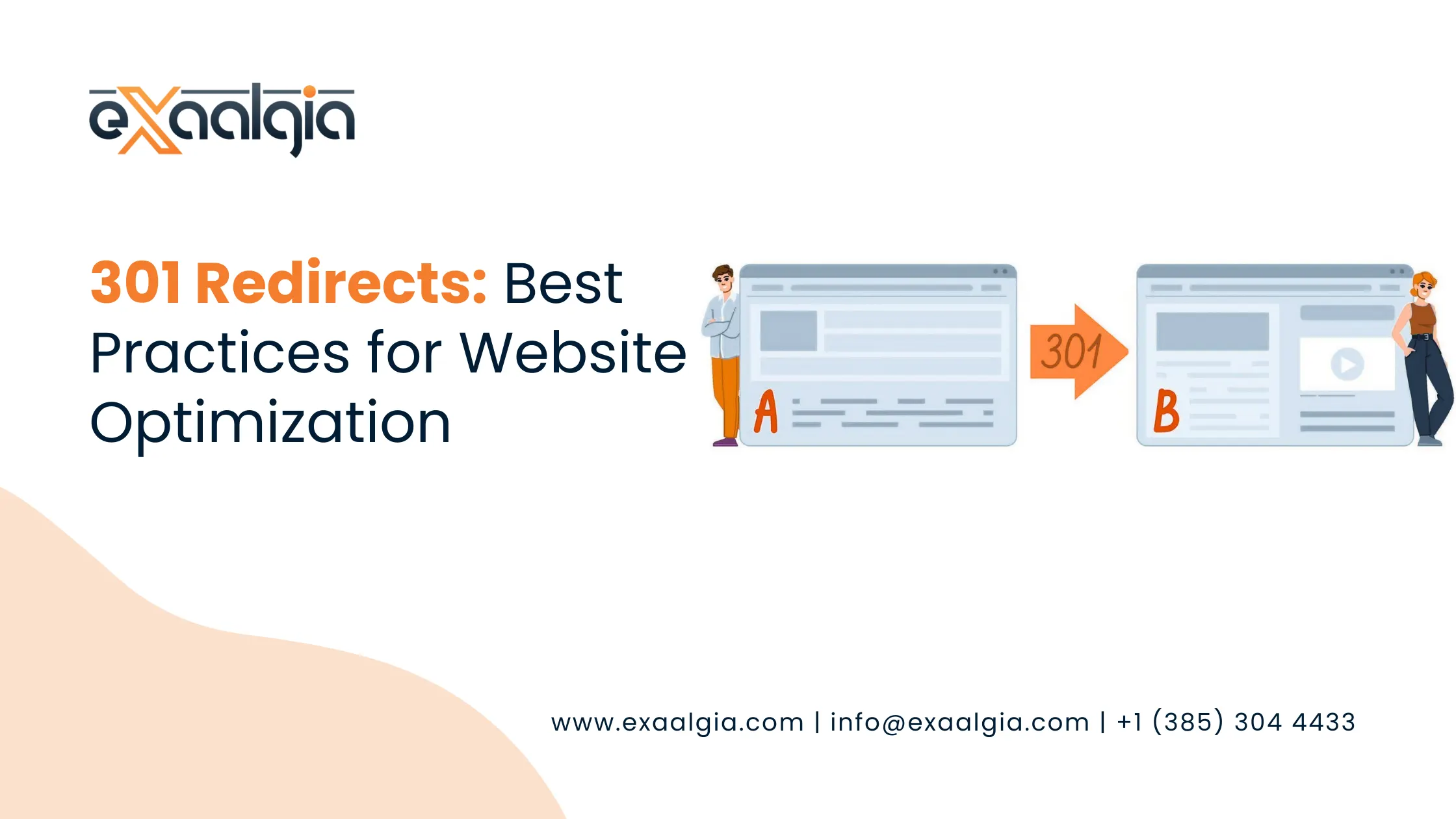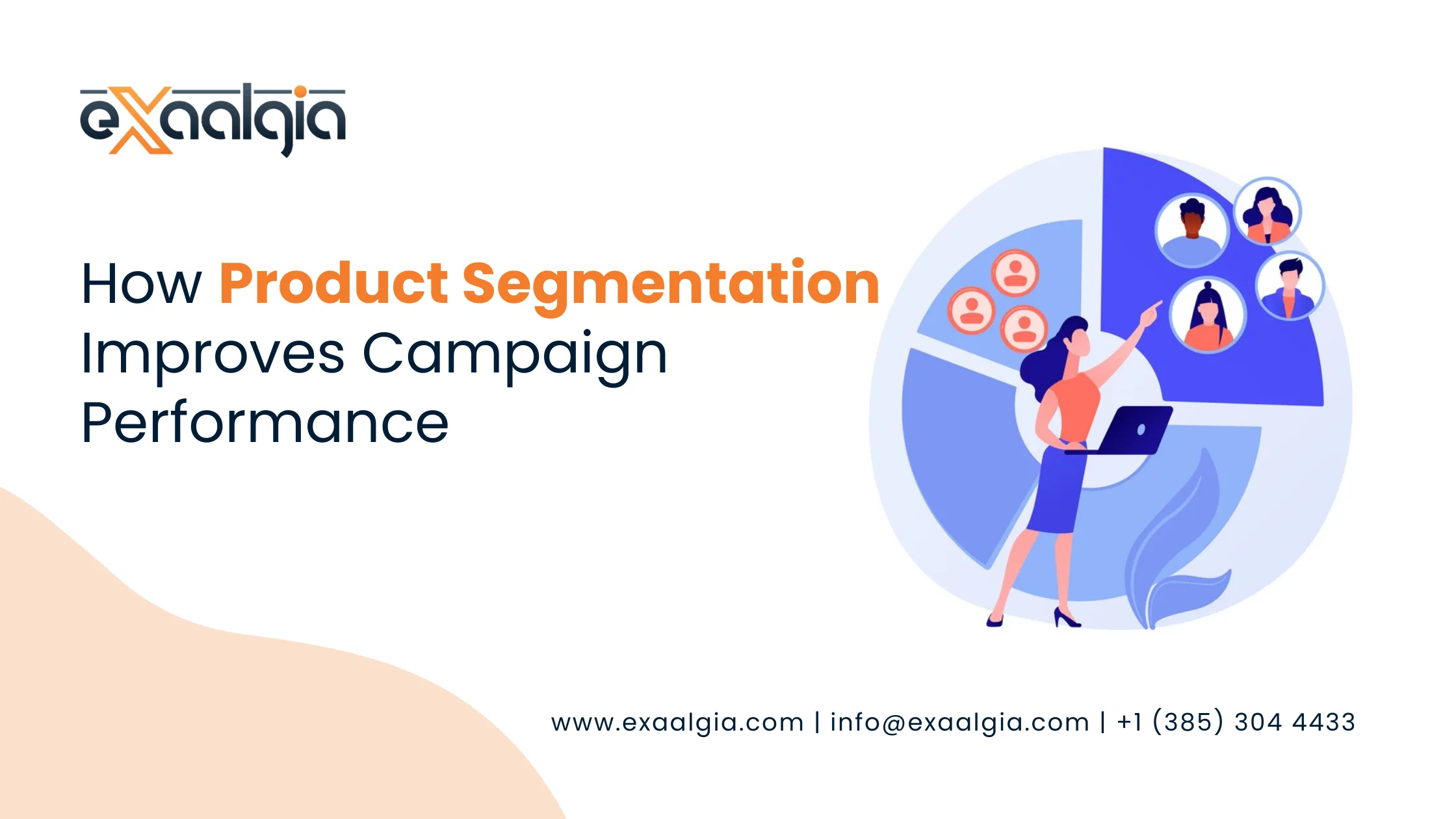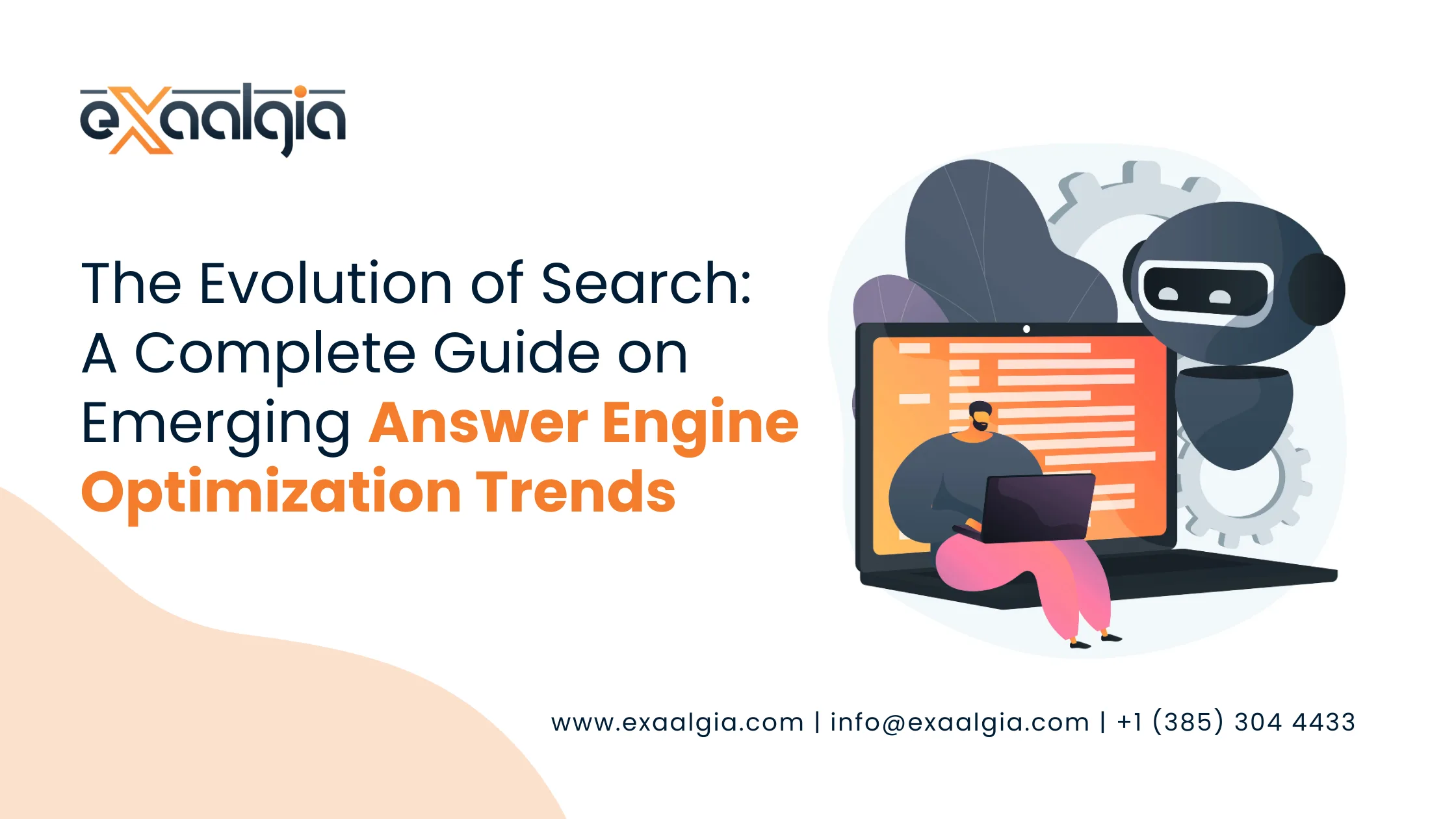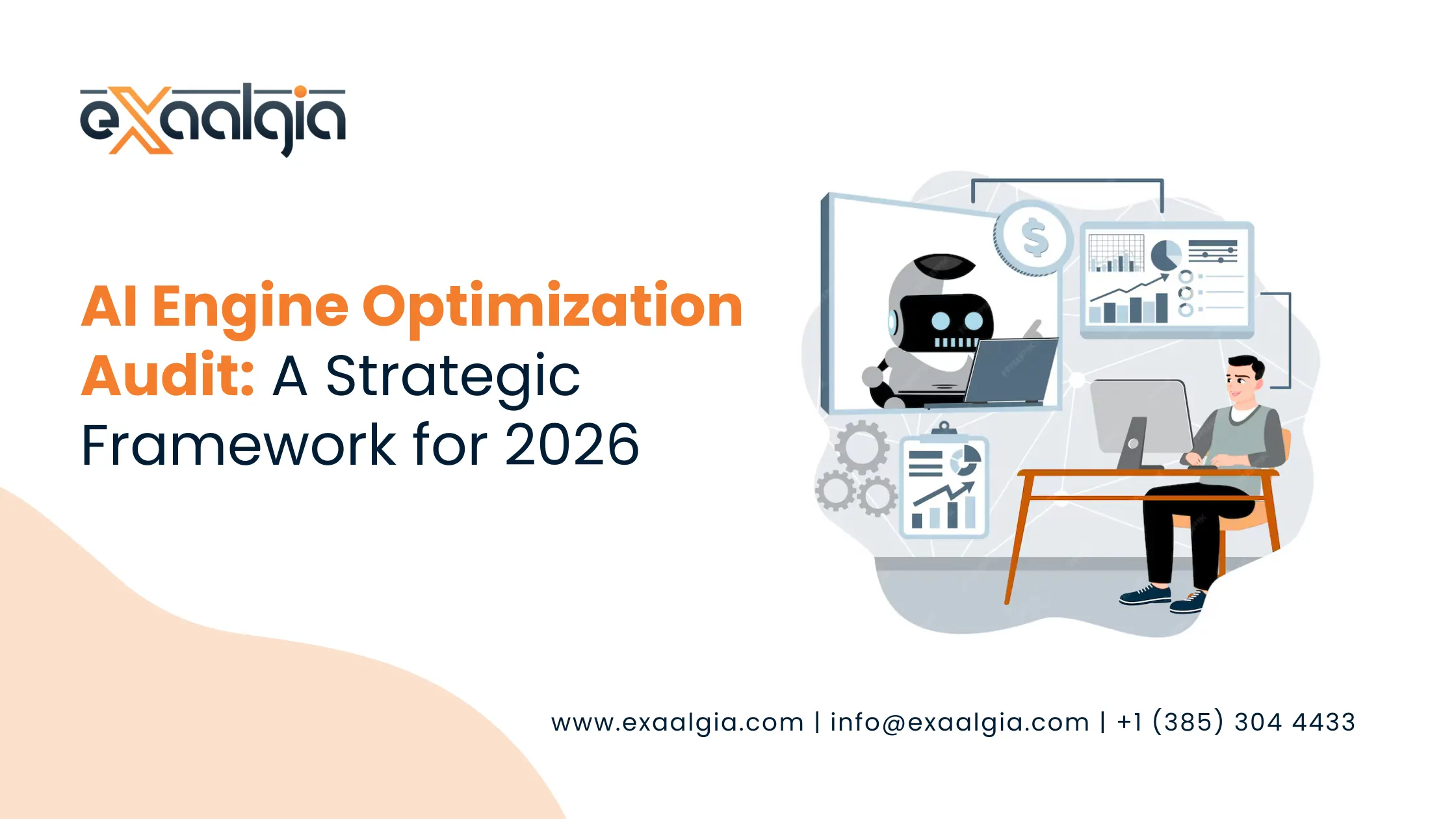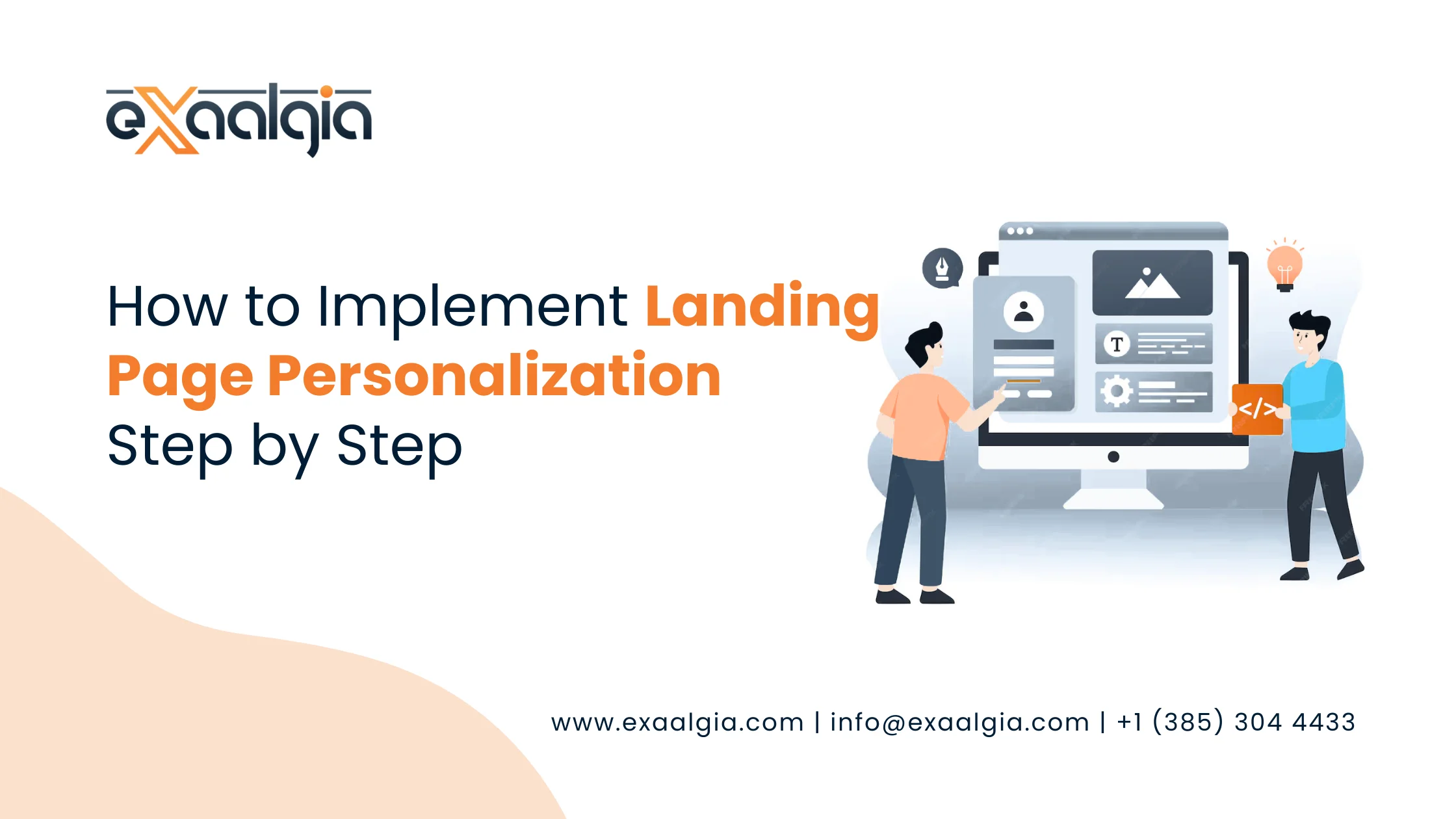This depends on whether SEO or PPC advertising should be used based on the objectives, type of business, target audience, and resources for the business. Both can be very effective, but they are targeted towards different purposes.
1. Target Audience
- SEO: It attracts users who actively search for specific information or solution aligned with the business. Such users tend to have a higher intent to find relevant material organically. SEO really performs where your audience is research-oriented and willing to scroll deep content before settling a decision.
- PPC: Allows better targeting based on demographic, location, or user behavior. PPC is suitable for businesses that need to reach a highly targeted audience fast, such as the e-commerce company looking to drive immediate purchase transactions or a special offer.
2. Industry
- SEO: Very good for most businesses, especially if consumers are required to research beforehand, such as healthcare, tech or finance. SEO is certainly a good choice for companies that have content-driven strategies or are in an industry that values organic search highly.
- PPC: PPC is most effective in highly competitive industries, for example, real estate, e-commerce, or legal services as paid presence is really needed there because of stiff competition. Also does well in seasonal or event-based advertising, for example, sales in holidays, new products launching, etc.
3. Key Objectives
- SEO: Best suited for businesses looking at the requirement of organic, long-term growth, establishing brand authority, and sustaining a profile. The aim is to get a lasting ranking on search engines that automatically generate a steady flow of traffic without any recurring costs.
- PPC: Ideal for generating quick, measurable outcomes that can produce instantaneous website traffic, leads, or conversion. Ideally, it’s all about getting your ad in front of the right audiences in exchange for that which you desire from them-short-term outcomes, such as clicks or sales.
4. Specific Metrics for Comparison
| Criteria | SEO | PPC |
| Cost | Lower long-term costs once rankings are stable. Upfront costs involve content creation and technical optimization. | Higher short-term costs due to bidding on keywords. The cost increases with competition. |
| Time to Results | 3-6 months to see noticeable changes, possibly longer for competitive industries. | Immediate, as soon as ads are live. Results are seen within hours or days. |
| Sustainability | Long-lasting results once a high ranking is achieved. | Traffic stops as soon as the ad campaign ends. |
| Conversion Rates | Often lower initially, but conversion rates improve with optimized content and ranking. | Typically higher as PPC is designed for targeted, actionable responses. |
| ROI | High long-term ROI as traffic continues without added costs. | Variable ROI, but it can be immediate if campaigns are optimized. Ongoing ad spend is necessary. |
5. Strengths and Weaknesses
SEO Strengths:
- Sustainable Traffic: Once established, organic traffic can continue to flow with minimal ongoing investment.
- Higher Credibility: Users often trust organic results over paid ads.
- Long-Term ROI: Once you reach top rankings, your business reaps benefits for an extended period.
SEO Weaknesses:
- Time Needed to Rank: SEO typically takes months or even years to yield meaningful results, especially in very competitive industries.
- Ongoing Maintenance: Requires constant vigilance and continued keeping on topping for staying abreast with algorithm updates and to amass considerable advantage in the field.
PPC Strengths:
- Instant Results: Now you can start generating traffic and conversion immediately after the launch of any campaign.
- Precise Targeting: Ability to segment and reach specific audiences through demographics, location, interest, or behavior.
- Scalability: Campaigns can be scaled up or scaled down fast on the basis of performance and budget.
PPC Weaknesses:
- Cost: PPC can be very cost-intensive in competitive industries, with a high CPC.
- Temporary Impact: Ads stop running automatically when funding to run them is stopped, so the short-term advantages are lost if not funded continuously.
- Ad Blindness: Users lose their sensibility to ads and simply ignore or skip them through repeated seeing, impacting click-through rates.
6. Which Is Better SEO or PPC?
When to Use SEO:
- For Long-Term Growth: Where you will be setting up long-term presence online by growing your organic traffic over time.
- With Budget Constraints: If your budget is constrained but you can invest time and effort into content as well as optimization.
- To Build Brand Authority: As through SEO, the business shows up atop organic searches which further depicts a business to be an industry authority or an industry leader.
When to Use PPC:
- For Immediate Results: Apply PPC for instant results if one wants to get instant traffic, especially for the launch of a product, sale, or event.
- To Test Market Demand: PPC helps you know how your product or service performs in certain market segments.
- With Flexible Budgets: You have a budget you are willing to devote to running paid advertisements, then adjusting the expenditure based on performance.
7. Budget Considerations
- SEO: It comes with up-front expenses, such as hiring SEO specialists and creating great content along with technical optimization. While the continuous cost of spending may be lesser once you’re up and running, the overall cost diminishes over time.
- PPC: Continuously must be funded in order to be functional. Costs are bid up for keywords. You continuously have to fund a budget to keep your campaigns running, but you control being able to turn your campaigns off and on at any time.
8. Time Frame for Results
- SEO: Take about 3-6 months to start working. This is more of a gradual process; hence it suits long-term planning.
- PPC: Immediate results, and for businesses, it is possible to see traffic as soon as the campaign goes live. However, campaigns need constant management and optimization to keep in good shape.
9. Potential ROI
- SEO: After getting rankings, returns are higher in the long term since organic traffic does not require continued investment.
- PPC: This can generate immediate ROI, but the “stickiness” of the ROI will depend on how the campaigns are controlled. The source requires continuous investment to sustain its traffic and conversion.
Conclusion:
- SEO is ideal for those businesses with long-term goals, smaller budgets, or more interest in developing an online presence over a period of time. It offers sustainable organic traffic and user-confidence-generating opportunities.
- PPC is also suitable for those organizations that need swift return, quick presence, and precise targeting. But it requires a constant investment and periodic handling to derive a positive ROI.
A balanced strategy that involves both SEO and PPC can be the best as their combination could prove to be effective. The strategic usage of SEO was for long-term growth and brand authority, while PPC was there to manage the immediate marketing needs of business.
Take the Next Step with Exaalgia
Want to move your digital marketing plan ahead? Be it long-term organic growth with SEO or quick return on investment with PPC, Exaalgia would help you get what you need to attain your business objectives. Our expert team specializes in SEO services USA and Digital Marketing Services that are customized to address unique needs of your business.
The next thing you do is build a winning strategy that maximizes online presence and promotes measurable results. Contact Exaalgia today to begin the process of ranking higher and driving more conversions. Success begins with the right strategy; let’s build it together!
Start now!

